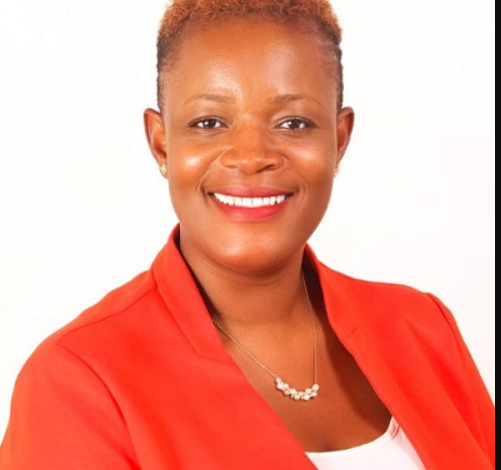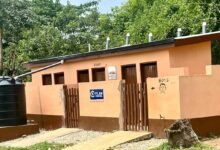WaterAid demands action to tackle climate change, water crisis

Ahead of the World Water Day on Saturday, March 22, 2025, WaterAid is appealing to governments, multilateral banks, and the private sector to work together to unlock investments, and implement solutions to tackle climate and water crises.
A statement issued by WaterAid said New WaterAid research, published on Wednesday, reveals which of the world’s 100 most populated cities were becoming increasingly exposed to floods and droughts – risking the security and survival of communities around the world.
The statement cited that cities across Africa and Asia were emerging as the most vulnerable to extreme climate shifts worldwide, which is having devastating impacts on access to clean water for urban communities on the frontline of climate change.
It said almost one in five of the cities studied emerged as experiencing ‘climate whiplash’ – intensification of both droughts and floods – whereas 20 per cent of cities have seen a major flip from one extreme to the other.
“Cities in Southern Asia are becoming overwhelmingly flood-prone and European cities are exhibiting significant drying trends, all of which can impact people’s clean water access and water security,” the statement reveal.
Again, the statement said 20 per cent of the cities studied were experiencing dramatic shifts to extreme wet or extreme dry conditions, referred to as ‘climate hazard flips.’
It stated that approximately 13 per cent are flipping toward a more extreme wet climate, while about 7 per cent are flipping toward a more extreme dry climate. This amounts to over a quarter of a billion people across the world experiencing a major flip in their climate, including in cities such as Kano (Nigeria), Bogota (Colombia) and Cairo (Egypt), placing major pressure on access to safe and clean water.
Consequently, WaterAid is calling for greater investment to tackle the water crisis in gender responsive climate-resilient water, sanitation and hygiene systems that benefits the most vulnerable.
It is also asking leaders and stakeholders across the globe to accelerate action on water.
Furthermore, it wants governments and development partners to work through the existing multilateral platforms to deliver ambitious action on climate and water, including through the UNFCCC, the G7 Water Coalition and the G20 Call to Action on Strengthening Drinking-water, Sanitation, and Hygiene Services.
WaterAid is seeking governments to urgently deliver water plans in affected countries to mainstream and implement water, sanitation and hygiene measures into their national and city-level climate adaptation plans with a focus on vulnerable groups, especially women and girls.
WaterAid wants decision-makers to recognise overlapping vulnerabilities and prioritise the needs of women, girls and marginalised groups in climate-resilient water, sanitation, and hygiene plans.
The world’s leading water, sanitation and hygiene charity, warns that weather-related disasters such as flooding and drought had increased in the last 50 years, putting major pressure on vital water access and sanitation systems and making it harder for communities and economies to prepare for, recover from and adapt to climate change.
The pioneering new study, developed with academics from University of Bristol and Cardiff University, compares each city’s social and water infrastructure vulnerabilities alongside 40 years-worth of new data on climate hazards – concluding which cities and communities worldwide are the most vulnerable to extreme climate changes and the least equipped to handle them.
BY MALIK SULLEMANA







